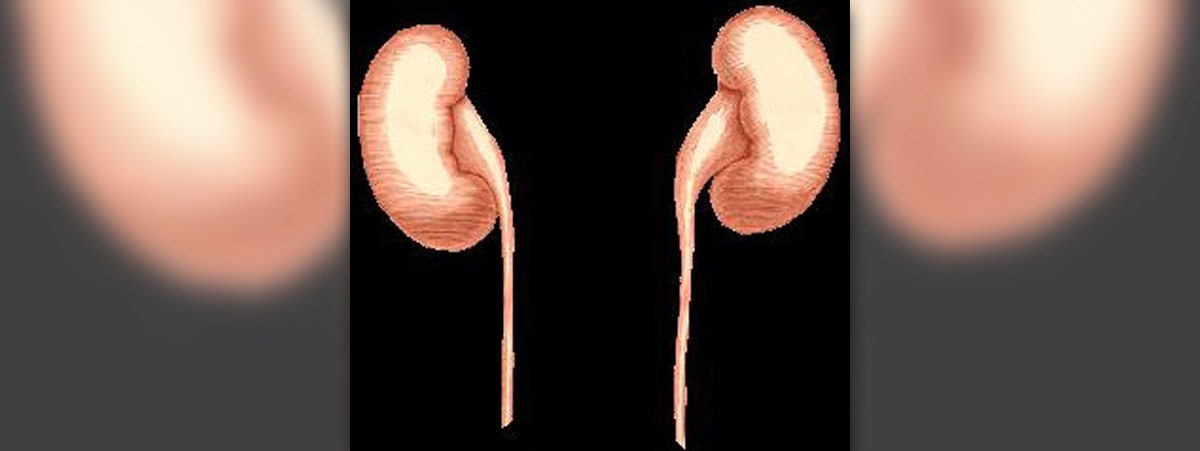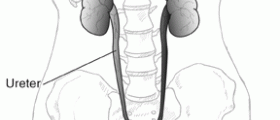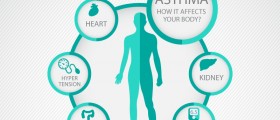
Chronic kidney disease or just CKD is a slowly progressing medical problem that usually develops for several years until it progresses into end-stage kidney disease. Therefore, if the disease gets caught in time and in early stages, CKD can be slowed down by using appropriate medications and changing the lifestyle. CKD is divided into five stages depending on the development of the disease, kidney function and patient's symptoms and each stage requires different tests and treatments.
Kidney Function
In order to assess kidney function and determine the stage of chronic kidney disease doctors monitor glomerular filtration rate (GFR). This is usually done by ordering some blood tests and measuring the serum creatinine level in it. Doctors commonly calculate GFR using math formula, serum creatinine level, age, gender and race of the patient. Healthy kidneys remove creatinine from the blood, but impaired kidneys have problems and there is an increase in serum creatinine.
In stage 1 of the chronic kidney disease patients have normal or high GFR (more than 90ml/min). Stage 2 is known as mild CKD and there is some decrease of glomerular filtration (60 to 89ml/min). Moderate (stage 3) CKD is characterized by GFR from 30 to 59ml/min, while patients diagnosed with CKD at stage 4 (severe chronic kidney disease) experience further worsening of kidney function and decline of GFR to about 15 to 29ml/min. Stage 5 is called the end stage of the chronic kidney disease and patient's kidneys filter less than 15ml of blood in one minute.
Moderate Chronic Kidney Disease
Stage 3 of CKD is usually called the moderate stage, since the kidneys are affected by the disease but still function and remove creatinine from the blood. However, accumulation of waste products is known to cause uremia in these patients and they could also experience some other medical problems due to their disease. Many of these patients may develop anemia, hypertension (high blood pressure) or some bone diseases.
There are also some other symptoms characteristic for this stage of CKD including fatigue, usually provoked by shortage of red blood cells (anemia), edemas (swelling of the face, eyes, hands or lower parts of the legs) and some patients might have breathing difficulties due to too much fluid in the lungs. Sleeping could also be problematic for people diagnosed with stage 3 CKD. They could have problems falling asleep or staying asleep, especially because of the itching, muscle cramps or sometimes because of the restless legs.
Some patients may complain about kidney pain. It can be localized in the lower back and provoked by infections or polycystic kidney disease. Urination is often changed as well. Patients may notice change in the color of urine (tea color, dark orange, brown or even red if it has some blood in it) or foaming (indicating presence of proteins in urine). Some people may suffer from increased or decreased urination, as well as night urgency to urinate.

















Your thoughts on this
Loading...